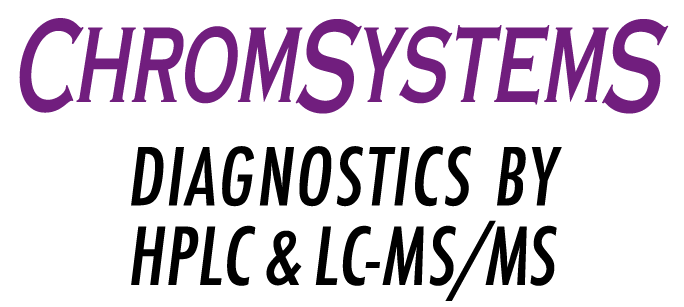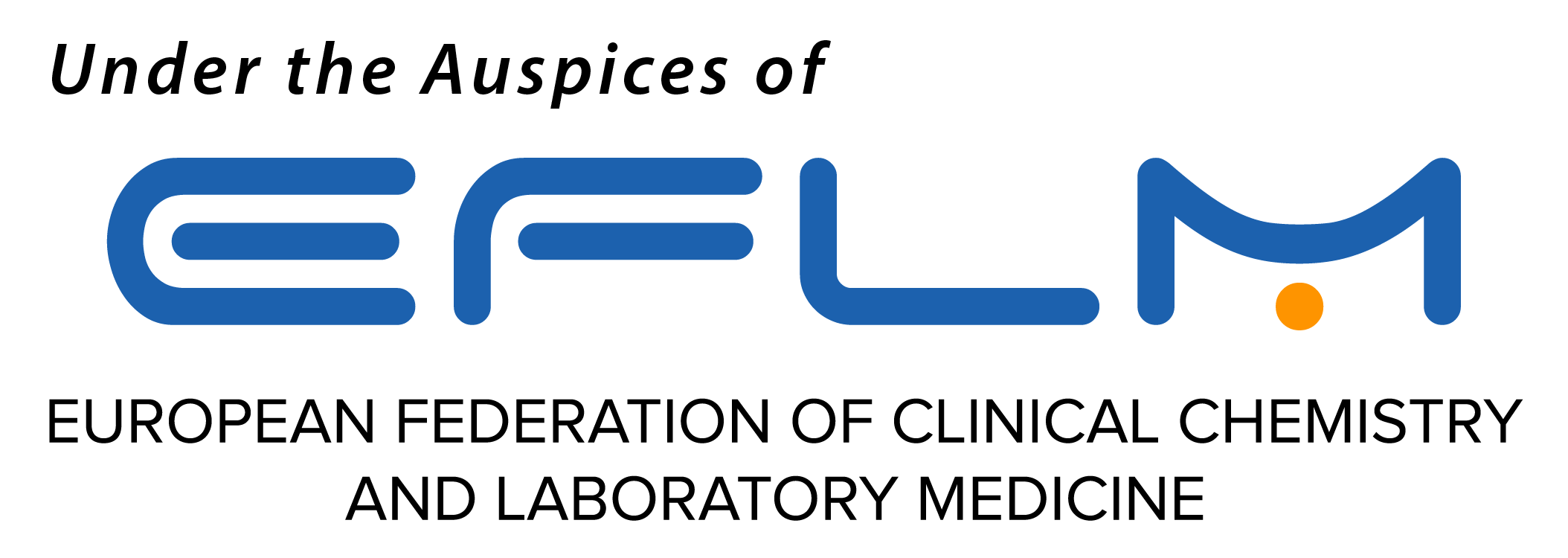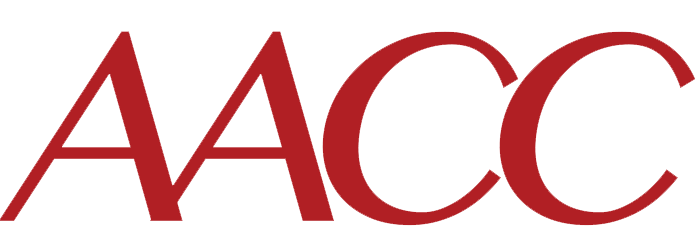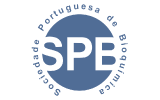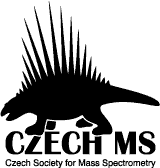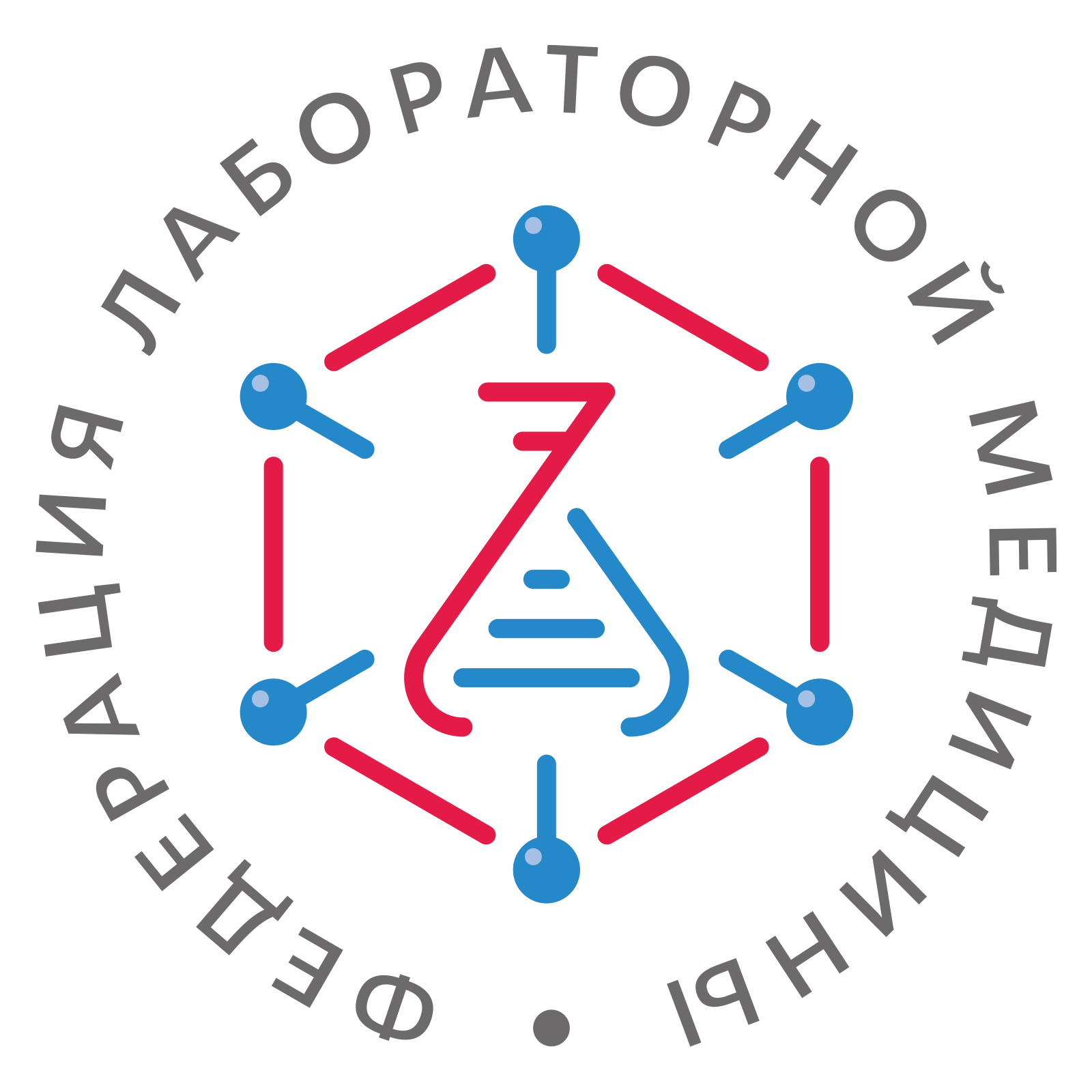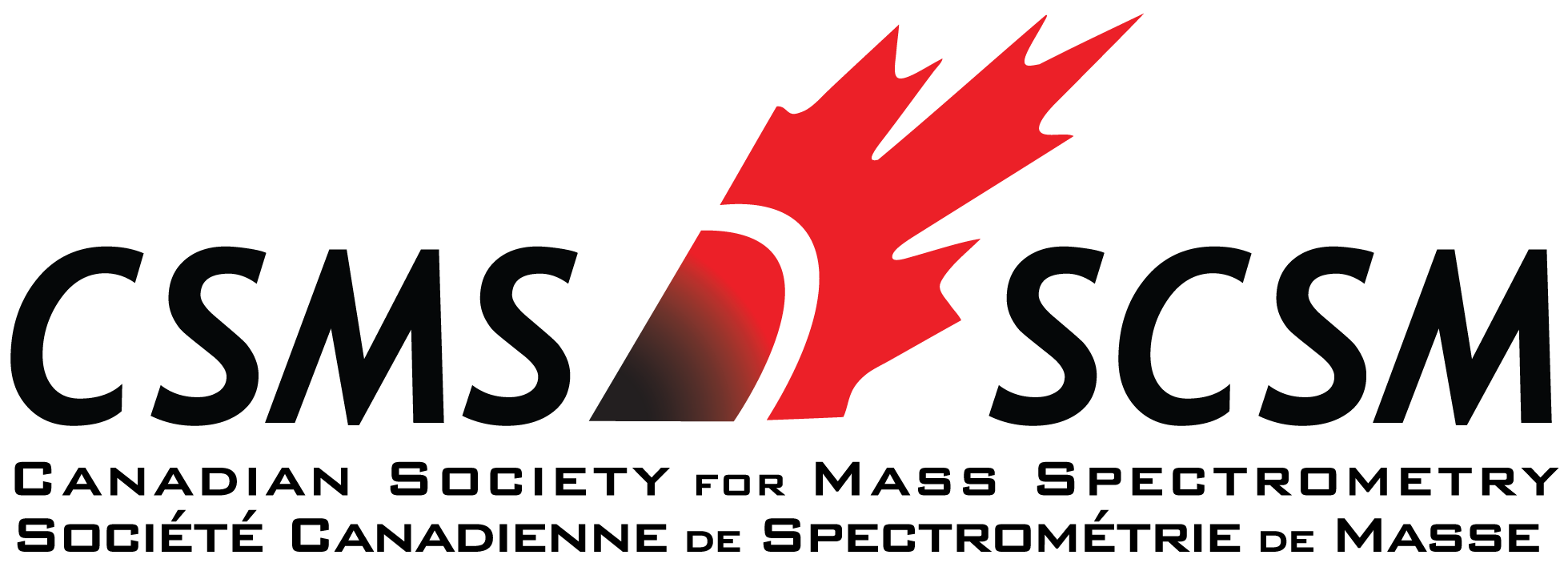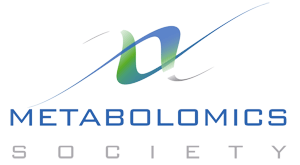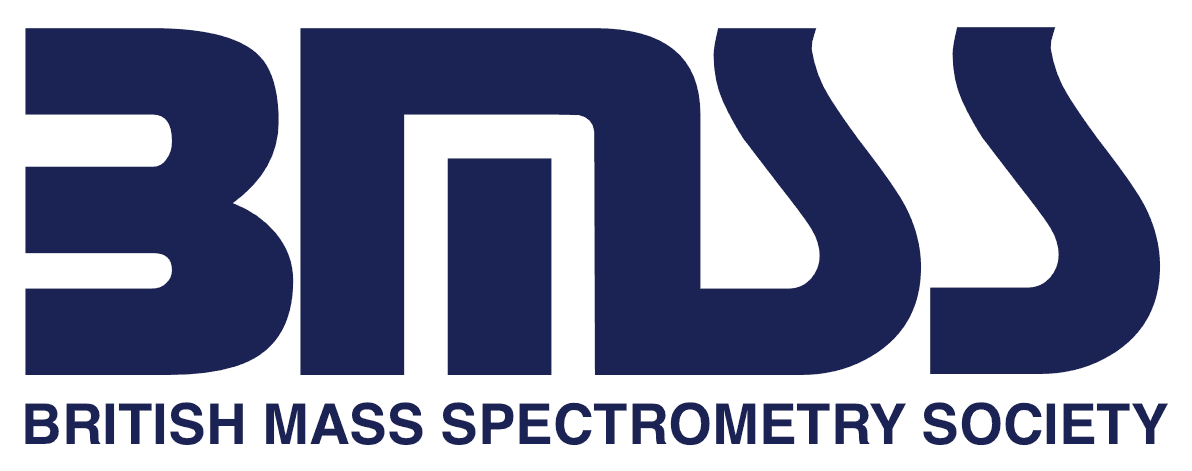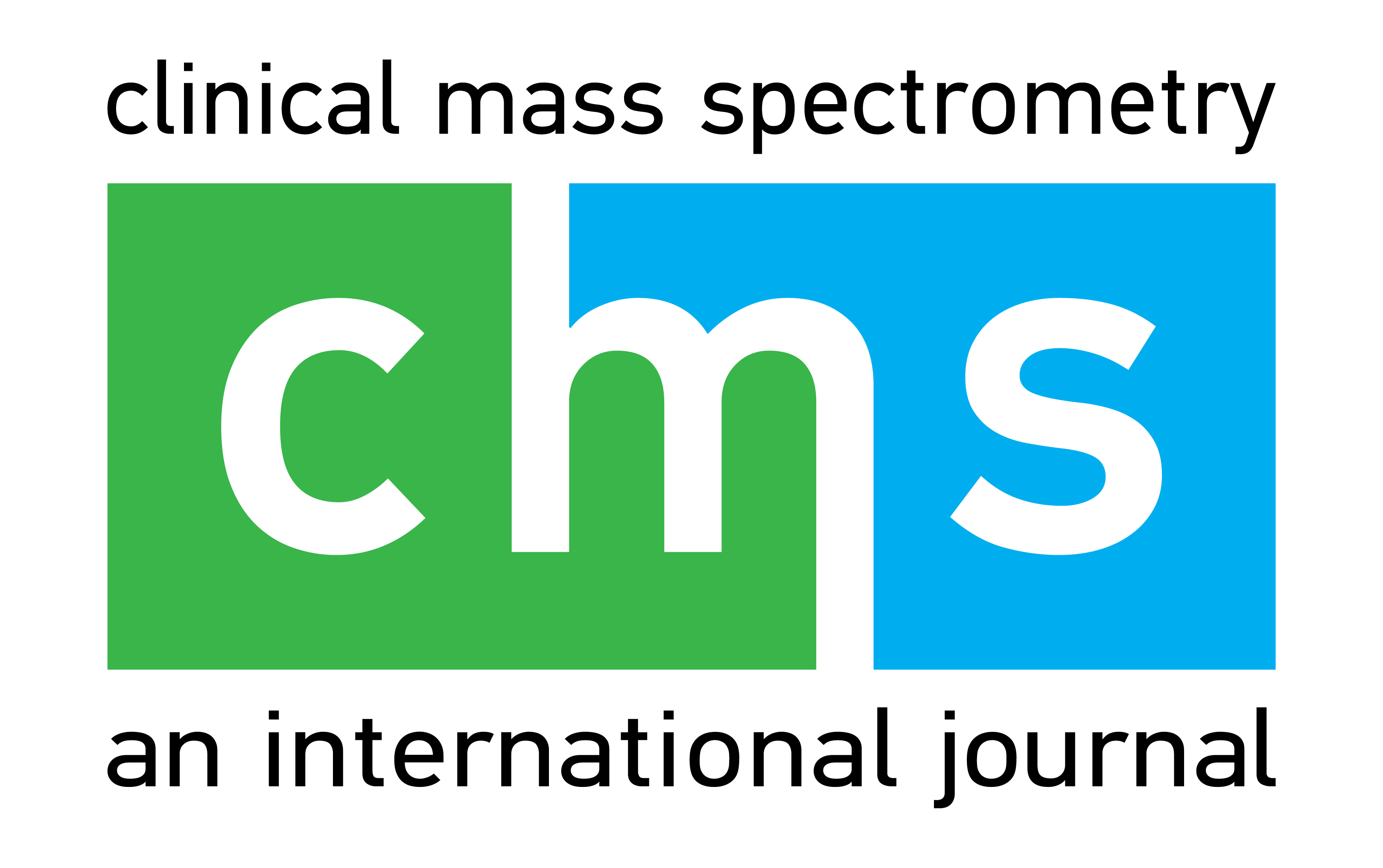MSACL 2019 EUSalzburg Sept 22-26 |
Details
MSACL EU
|
Corporate Workshops
**Interested in hosting a Corporate Workshop? Click here.
| Sunday September 22 | ||||
| 11:30 - 12:30 | Papageno Hall | OPEN | ||
| 11:30 - 12:30 | Paracelsus Hall | OPEN | ||
| 11:30 - 12:30 | Trakl Hall | OPEN | ||
| Wednesday September 25 | ||||
| 8:00 - 8:45 | Mozart 4-5 | Merck | View Summary | Pre-Register Now |
| 8:00 - 8:45 | Papageno Hall | Thermo Fisher Scientific | View Summary | |
| 8:00 - 8:45 | Paracelsus Hall | SCIEX | View Summary | Pre-Register Now |
| 13:30 - 14:15 | Mozart 4-5 | Shimadzu | View Summary | Pre-Register Now |
| 13:30 - 14:15 | Papageno Hall | Thermo Fisher Scientific | View Summary | |
| 13:30 - 14:15 | Paracelsus Hall | Waters | View Summary | Pre-Register Now |
| 13:30 - 14:15 | Trakl Hall | Agilent Technologies | View Summary | Pre-Register Now |
Corporate Workshop Summaries
Sunday September 22 |
Wednesday September 25 |
| @ 8:00 - 8:45 in Mozart 4-5 with Merck |
| Pre-Register Now |
| Enhancing Accuracy: Matrix Selection, Internal Standard Selection, and Sample Clean-Up Solutions for Clinical Mass Spectrometry Speaker: Geoffrey Rule, PhD – Merck, Principal Scientist, R&D Why isn’t my calibration curve perfectly linear? How does my choice of matrix calibrator impact my assays? There are several reasons a calibration curve may be nonlinear, and the use of a co-eluting, isotopically labelled internal standards is the first step in obtaining a linear regression across a broad concentration range. We discuss how to select isotopically labelled internal standards for accurate quantification, how to remedy nonlinear calibration curves, and touch on use of isotopically labelled therapeutic antibodies. We will also review matrix calibrators for endogenous analytes, and how our Cerilliant Certified Reference Materials in matrix can help reduce variability. Lastly, we’ll touch on sample preparation options for clinical testing methods, including the use of our HybridSPE phospholipid and protein removal plates for automated high-throughput determination of 25-hydroxy vitamin D in serum. |
| @ 8:00 - 8:45 in Papageno Hall with Thermo Fisher Scientific |
| Achieve Superior Confidence in Your LC-MS Analysis Speaker: Claudio DeNardi, Thermo Fisher Scientific, EU The superior selectivity, specificity, robustness, and sensitivity offered by liquid-chromatography (LC) - mass spectrometry (MS) has made this technique one of the most advantageous in the field, here we highlight our comprehensive portfolio of LC-MS platforms and novel applications. Trying to stay one-step ahead – how High-Resolution Accurate Mass LCMS has enabled early detection of fentanyl analogues (including carfentanil) and synthetic cannabinoids in the UK Speaker: Simon Hudson, Technical Director, LGC; Fordham, England, UK One of the biggest challenges facing forensic toxicology is to ensure that detection methodologies keep up with new drugs, such as New Psychoactive Substances (NPS) that are continuously entering the (black) marketplace. High Resolution Accurate Mass based LCMS allows the analyst to rapidly respond to new drug threats and to even monitor for predicted new designer compounds whilst still covering all the existing drug threats. Two screening workflows are described: 1. The detection of fentanyl analogues as part of a broad drug screen including the first detection of carfentanil in post mortem samples in the UK in February 2017 2. The continuing evolution and detection of synthetic cannabinoid receptor agonists (SCRAs) in the UK. |
| @ 8:00 - 8:45 in Paracelsus Hall with SCIEX |
| Pre-Register Now |
| Advanced mass spectrometry techniques provide deeper access into the vitamin D metabolome Vitamin D has an important role in bone metabolism. Its functional involvement in other diseases such cancer or cardiovascular diseases is less clear, however, and is currently the subject of intense research. Typically, 25-hydroxyvitamin D is used for assessing vitamin D status of individuals, because it is readily accessible by analytical measurements and represents vitamin D substrate availability. This simplified assessment ignores dynamic effects of downstream metabolites though. More elaborate functional correlations of vitamin D metabolite distributions (‘chemotypes’) and disease phenotypes require derivatization for simultaneous quantification of all vitamin D metabolites as well as reducing isobaric background. In this seminar I describe vitamin D chemotyping based on Amplifex derivatization, UHPLC-MS/MS measurements and its application to patients with chronic liver diseases during vitamin D replacement therapy. Guest Speaker: Pascal Schorr, Humboldt-University, Berlin Places are limited, we would recommend to pre-register and get the clinical compendium no 2. We will also be at booth 6 in the exhibition area and happy to see you there. |
| @ 13:30 - 14:15 in Mozart 4-5 with Shimadzu |
| Pre-Register Now |
| Discover our innovative platforms and proven solutions for advanced healthcare. ----------------------------------------------------------------------------------------------------------------- “MALDI-MS technology combined with automated interpretation software, a solution adapted to high throughput screening: Sickle cell disease screening in newborns as a first application” Patrick DUCOROY - BIOMANEO - France "Robustness and reliability of the novel pre-analytical filtration system CLAM-2030 and LCMS-8050" Dr Frank STREIT - University Hospital Gottingen - Germany "Rethinking the capability and workflows in clinical metabolomics and biomarker research using the LCMS-9030 Q-TOF technologies" Emily ARMITAGE - Shimadzu Corp - UK |
| @ 13:30 - 14:15 in Papageno Hall with Thermo Fisher Scientific |
| Laboratory-Developed Mass Spectrometry testing vs Regulatory-Approved tests: Pros and Cons Moderator: Torsten Binscheck-Domass, Lead Scientist, Clinical Mass Spectrometry, Thermo Fisher Scientific Part 1: Balancing the pros and cons of Mass Spec-based Lab-Developed-Tests as compared to Regulatory-Approved Tests under the new IVD Regulation 2017/746 in Europe Speaker: Prof. Dr. Christa Cobbaert, Head of Department of Clinical Chemistry and Laboratory Medicine, Leiden University Medical Center, NE; also EC observer in EC IVD working group 8 under the Medical Device Coordination Group. Part 2: Cascadion™ SM 25-Hydroxy Vitamin D* and Immunosuppressants Panel**—Assays on the Cascadion™ SM Clinical Analyzer* Speaker: Ville Rajala, Sr Product Manager, Clinical Mass Spectrometry, Thermo Fisher Scientific * Cascadion SM Clinical Analyzer is IVD/CE marked but not 510(k)-cleared and not yet available for sale in the U.S. Availability of product in each country depends on local regulatory marketing authorization status. ** Immunosuppresants Panel for Cascadion SM Clinical Analyzer is in development. Only preliminary feasibility data will be introduced. Product is not IVD/CE marked or 510(k) cleared, and is not available for sale. |
| @ 13:30 - 14:15 in Paracelsus Hall with Waters |
| Pre-Register Now |
| Mass Spectrometry advantages for Therapeutic Drug Monitoring: a closer look at teicoplanin Guest Speaker: Brian Keevil, Professor at University Hospital Southern Manchester, UK When performing Therapeutic Drug Monitoring LC-MS/MS is an important technique in the clinical laboratory. In this workshop we will discuss the use of LC-MS/MS for the measurement of antibiotics, inhaled Steroids, azole antifungal drugs, and anti-cancer drugs. The specificity and sensitivity of LC-MS/MS over traditional techniques improves the accuracy of measurement and the ability to perform therapeutic drug monitoring for a number of different analytes. |
| @ 13:30 - 14:15 in Trakl Hall with Agilent Technologies |
| Pre-Register Now |
| Fast Track your Cannabinoid Urine Analysis using MassHunter StreamSelect LC-MS System Moritz Wagner, Product Specialist, Agilent Technologies Liquid chromatography triple quadrupole mass spectrometry (LC/MS/MS) is the ideal solution for the simultaneous analysis of multiple cannabinoids and metabolites due to the high specificity and analytical sensitivity of the instrumentation. A six minute chromatographic method was developed on an Agilent Poroshell 120 EC-C18 column to separate 6 cannabinoids analytes using an Agilent 1290 Infinity II Liquid Chromatograph coupled with an Agilent 6470 triple quadrupole mass spectrometer. Sample throughput was nearly quadrupled (3.7x) by running four simultaneous, staggered chromatographic analyses on a single mass spectrometer using Agilent's MassHunter StreamSelect LC-MS software. This equates to 97 seconds per analysis, compared to a 6-minute runtime the same analysis using traditional LC-MS. For Research Use Only. Not for use in diagnostic procedures. |






